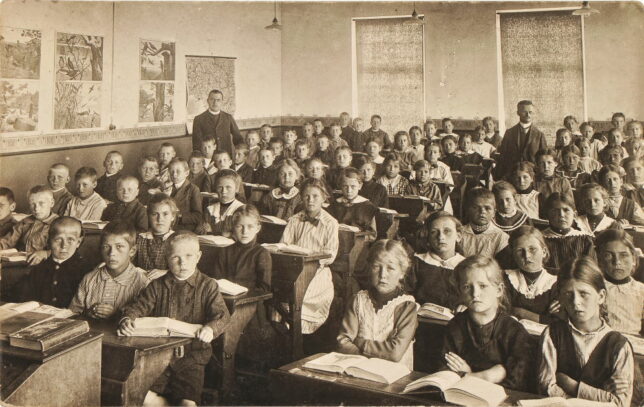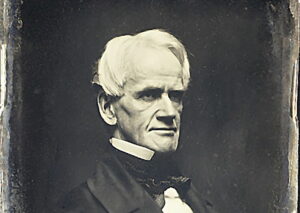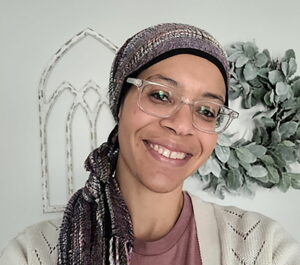Labor Watch
The Fight for True Education: A Brief History
 The concept of public education wasn’t even considered on a wide scale until the 1830s. By the 1870s, 78 percent of children ages 5 to 14 were enrolled in public schools. (Photo 1920) Credit: LiliGraphie. License: Shuttterstock.
The concept of public education wasn’t even considered on a wide scale until the 1830s. By the 1870s, 78 percent of children ages 5 to 14 were enrolled in public schools. (Photo 1920) Credit: LiliGraphie. License: Shuttterstock.

The Fight for True Education (full series)
A Brief History | Academic Transparency
Signs of Hope | Refusal to Deceive Parents
What is education? It is simply the process of teaching and developing knowledge and understanding in others. Education can come in many forms. It can be when a parent teaches a toddler to hold the parent’s hand in a crowded parking lot for safety. Or when an employee watches training videos for their new job.
Yet what often comes to mind when we hear words like “education” and “educators”? I bet it is a classroom full of children with a teacher at the helm. We are most likely referencing our government-run K–12 public schools when discussing education. Sadly, public schools have become an increasing source of frustration and even despair for parents, students, and even teachers.
But there is still hope for education in America. Parents and teachers and their allies are fighting and increasingly winning battles to break the teachers unions’ monopoly on K–12 education, so that teachers can actually teach and students can learn.
A Brief History
The concept of public education wasn’t even considered on a wide scale until the 1830s, nearly 50 years after the founding of this country. Previously children were mainly taught at home, often as apprentices to their parents. A child’s basic education was limited to their parent’s knowledge. There were some church-supported schools, tuition schools set up by traveling school masters, and boarding schools for the wealthy, but for the most part, education was haphazard and certainly not controlled by our then-young government.
Then came Horace Mann, known as our country’s father of public education. Mann, a Massachusetts legislator, advocated for creating public schools that would be universal, free of charge, and funded by the state. The goal was to teach the three Rs of reading, writing, and arithmetic, along with morals to instill civic virtues. Early public education proponents argued that having a unifying standard schooling system would create a more literate nation with less poverty, crime, and other social problems.

Horace Mann, known as our country’s father of public education, was a Massachusetts legislator who advocated for creating public schools that would be universal, free of charge, and funded by the state. Credit: Southworth & Hawes. License: https://bit.ly/3qT0UVm.
By the 1870s, 78 percent of children ages 5 to 14 were enrolled in public schools. In recent decades enrollment has hovered around 90 percent until recently. In the three years since the pandemic, enrollment has shifted. Many parents no longer trust the public education system to teach their children the three Rs. Parents also have significant concerns about the morals (or lack thereof) taught in our public schools.
Many parents are reimagining what it means to educate their children and have begun thinking outside of the public education box. And when I say many, I am talking about upwards of 2 million parents. As of 2022, enrollment in public schools had dropped by 4 percent over the last two years, according to a new poll from Education Next, an academic journal on education policy. That 4 percent decline represents nearly 2 million students. Many of those parents are going back to the roots of pre-public education: homeschooling.
In 18 states, the number of homeschooling students increased by 63 percent in the 2020–2021 school year, with many parents looking at the online lessons being offered and deciding that they can do a better job themselves. Since the reopening of schools, that number has dropped slightly.
I spoke with homeschool parent and educational freedom advocate Michelle Huddleston. A mom of six, I asked her why she chose to homeschool her children:
We are not living in the same era as when we were in public school, and looking back on it, we also had our levels of indoctrination, but when you fast forward to today, the teachers are like night and day. Our teachers now, a lot of them, are more concerned about instilling their own personal beliefs and liberal ideologies. Even if this were not part of the curriculum, it would still be damaging to have their children sit under that for days and days, hours and hours, weeks and weeks.

I asked Michelle Huddleston, a mom of 6 and an educational freedom advocate, why she chose to homeschool her children. License: Michelle Huddleston.
On top of this, she explains how the ratio has flipped with the behavior types of children in the classroom:
Many of the kids are troubled children, and the teacher is distracted dealing with crazy behaviors. What are the students able to learn when the teacher has to deal with behavior problems all day?
I asked Michelle the greatest benefit her family has received from homeschooling:
The time that we have, we are blessed to be the dominant influence in our children’s lives. We get to pick and choose what education looks like. We get to be there when our kids have their AHA learning moments. You don’t realize what you take for granted until you have it. You can’t take back those years. My mom, bless her heart—when I think about how much time I spent at school, the teachers got to see those amazing learning moments.”
After interviewing Michelle, I thought about all the parents who desire to have their children at home, pull them out of the public schools, and give them an education that aligns more with their values, but many feel stuck. They can’t afford it. Both parents need to work, or they are single parents and have no other option but to put their children in public school.
In the next installment, some states have enacted academic transparency laws.



